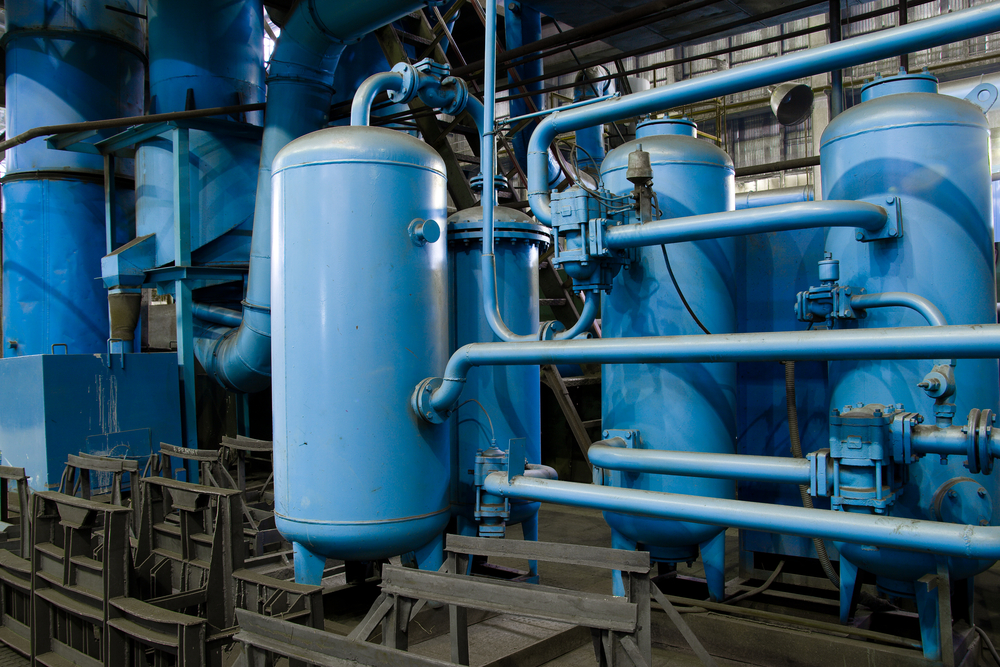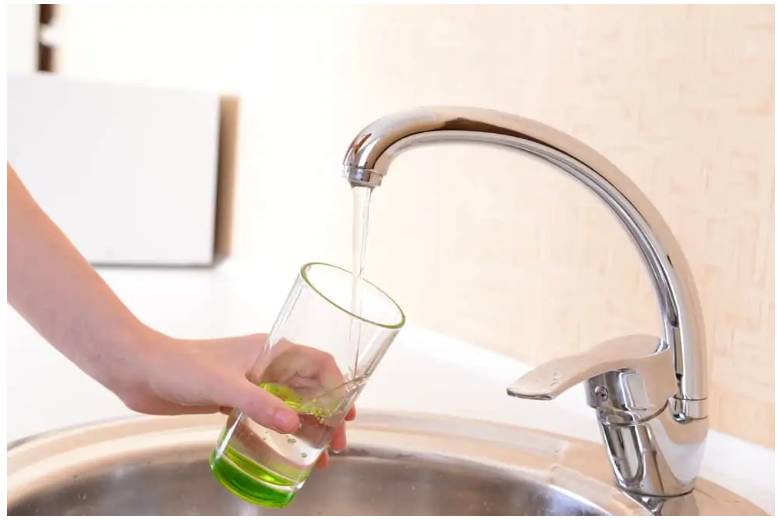Our Manual to Addressing Low Water Pressure in Your Home
Our Manual to Addressing Low Water Pressure in Your Home
Blog Article
Have you been trying to find advice on Low Water Pressure in the House??

Low water stress in your house can be a discouraging trouble, influencing every little thing from showering to cleaning meals. If you're experiencing weak water circulation, there are numerous feasible reasons and solutions to explore. In this overview, we'll talk about typical factors for low tide stress and functional steps to deal with the issue efficiently.
Intro to Low Water Pressure
Low tide pressure occurs when the circulation of water from your taps, showers, and other fixtures is weak than typical. This can make everyday jobs a lot more difficult and much less reliable. Comprehending the reasons for low tide pressure is important to locating the right service.
Typical Root Causes Of Low Water Stress
Faulty Stress Regulatory Authorities
Stress regulators are in charge of preserving regular water stress in your home. If they malfunction, it can cause low water stress or uneven flow throughout the house.
Metropolitan Water System Issues
In some cases, the problem exists outside your home. Community water problems, such as main line leakages or upkeep work, can briefly reduce water pressure in your area.
Pipe Obstructions
Gradually, pipes can end up being obstructed with natural resource, debris, or particles, restricting the circulation of water. This is a typical concern in older homes with galvanized steel pipes.
Deterioration
Deterioration within pipes can result in leaks and minimized water stress. Corrosion buildup can restrict water circulation, especially in aging plumbing systems.
Exactly How to Detect Low Tide Pressure
Evaluating Pipelines
Examine visible pipes for indications of leakages, deterioration, or obstructions. Take notice of any unusual sounds, such as banging or rattling pipes, which might suggest problems within the plumbing system.
Consulting with a Plumber
If you're unable to pinpoint the root cause of low tide pressure, think about employing an expert plumber to carry out a thorough assessment. They can recognize underlying concerns and suggest proper remedies.
Examining Taps and Fixtures
Beginning by checking the water stress at different faucets and fixtures throughout your home. If the concern is separated to certain locations, it might suggest localized issues.
Do It Yourself Solutions to Take Care Of Low Water Stress
Flushing Water Heater
Sediment build-up in the hot water heater can limit flow and reduce efficiency. Purging the storage tank periodically aids get rid of sediment and maintain optimum efficiency.
Checking Pressure Regulator
Make certain that the stress regulator is operating properly. Adjusting or changing the regulator can assist restore correct water pressure throughout your home.
Cleaning Aerators and Showerheads
Natural resources can build up in aerators and showerheads, reducing water circulation. Remove and clean these parts on a regular basis to enhance water stress.
Clearing Up Clogs in Water Lines
For minor obstructions, try using a plumbing serpent or chemical drain cleaner to clear blockages in pipes. Beware when using chemicals and comply with safety standards.
When to Call an Expert Plumber
If do it yourself efforts fall short to deal with the concern or if you think substantial plumbing problems, it's finest to seek help from a certified plumber. They have the experience and tools to attend to intricate problems securely and effectively.
Safety Nets to Keep Water Pressure
Setting Up a Stress Booster
Take into consideration installing a pressure booster pump to boost water stress in areas with constantly reduced flow. This can be especially helpful for multi-story homes or residential or commercial properties with high-demand components.
Surveillance Water Use
Be mindful of water use routines and stay clear of ill-using the plumbing system. Simple changes, such as incredible showers and washing tons, can help maintain sufficient water pressure.
Routine Maintenance
Arrange routine maintenance for your plumbing system to avoid concerns such as deterioration, leakages, and obstructions. Resolving small troubles early can aid stay clear of even more significant repairs later on.
Conclusion
Dealing with low water stress can be irritating, yet recognizing the underlying reasons and executing proper remedies can restore optimum circulation throughout your home. Whether it's cleaning up aerators, examining pipes, or talking to a plumber, taking aggressive actions can guarantee a stable supply of water for your day-to-day demands.
HOW TO FIX LOW WATER PRESSURE IN YOUR HOUSE (EXPERT GUIDE)
The morning shower lacking any real pressure? Bathtub taking hours to fill? Or maybe you’re dissatisfied with the inadequate performance from your combi boiler?
Then you, like millions of others across the UK, might be experiencing low water pressure.
Fortunately, the good news is that you don’t have to continue living this way. The cause of low water pressure in the home is often quite simple, and you may not even require a plumber to fix the problem.
What causes low water pressure in the house?
If you are experiencing issues with water pressure throughout your home, then you may have one of the problems outlined below.
Most of these problems can be fixed quite easily, but for others, you may need to contact a plumber.
Obstructed Shutoff Valve
If you’ve just bought a new home or recently had building work conducted on your property, there is a chance that your water valves were not fully opened.
If the water valve is partially closed, then you may be restricting the amount of water entering your home. To fix this, simply ensure the valve is fully open.
If the valve appears fully open but you are still encountering reduced water pressure, then the valve may be broken. If this is the case, do not under any circumstances try to fix it without proper training.
Often found under your kitchen sink, a water valve will usually look like a bright yellow handle.
Again, if you believe the water valve is broken, contact a plumber immediately.
Leaks in Your Water Pipes
Leaks are the worst-case scenario when it comes to low water pressure.
If the water pipes are damaged, then this will cause low water pressure, as not all the water will make it to your taps.
After you’ve checked to see if the valve is fully open, you can conduct a leak check of your home. Now, this may seem scary, but it is actually quite simple.
Clogged Water Pipes
Clogged water pipes are one of the most common causes of low water pressure.
These clogs usually build-up when your home is supplied water via iron pipes. Iron is particularly vulnerable to rusting which can then break off and cause an obstruction within your system. You also face the problem of things like dirt, gravel or sand entering creating mineral deposits which further block water flowing from the mains water supply.
Unfortunately, if you suspect that clogged pipes may be restricting your water supply, then you will need to contact a plumber.
In this situation, you will either need to have your pipes removed and cleaned or in more severe cases, you could require a new set of water pipes.
Designer Taps
Designer taps look fantastic, but are they built to be efficient in your plumbing system? Modern taps are built for modern homes and they often have lower flow rates that are specifically designed for use within high-pressure systems.
Install a Water Pressure Booster Pump
If the issue is simply that the mains water pressure supply is too low, the simplest fix is to invest in a booster pump. Found in homes of all shapes and sizes, booster pumps are a relatively cheap option to add extra pressure to your home.
Designed to increase water pressure by passing water into the pump from your mains supply and then ejecting it into your home water system at a higher pressure, a booster pump is a truly simple and effective solution to increasing water pressure.
https://www.anchorpumps.com/blog/the-plumbers-guide-to-fixing-low-water-pressure/

As a serious person who reads on , I think sharing that excerpt was really helpful. Are you aware of another person who is fascinated with Low Water Pressure in the House?? Feel free to promote it. Thank you for your time invested reading it.
Click Here Report this page